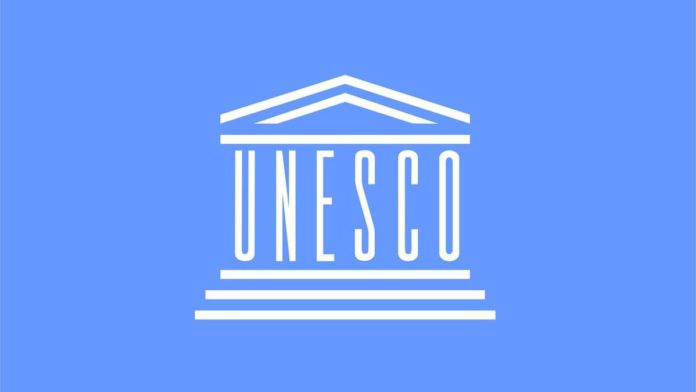A United Nations Educational, Scientific and Cultural Organisation (UNESCO) report published in Delhi on Tuesday called for an overall regulatory framework for using artificial intelligence (AI) in education.
The report asks the government to consider the ethics of AI in education as an utmost priority and develop effective public-private partnerships to ensure that all students and teachers have access to the latest technology.
The ‘2022 State of the Education Report (SOER) for India: Artificial Intelligence in Education’ also calls for diversifying AI literacy efforts, improving public trust in AI and involvement of students/educationists in developing AI products, and correcting algorithmic biases and the resulting discrimination.
Read More: UNESCO Unveils First Global Agreement On Ethics Of Artificial Intelligence: What Next?
The 10-point recommendation by the UNESCO New Delhi Office also wants technology service providers to station data ownership with the students. A statement said that the state of education report introduces AI to demystify a subject that has survived various misconceptions. It also consists of an overview of opportunities and challenges in the Indian education sector that AI can address.
To align India’s educational curriculum to the 21st century and to prepare the students for the artificial intelligence economy, India’s National Education Policy (NEP) 2020 lays immense emphasis on the need to impart the required technical knowledge at all levels of education. It highlights the integration of AI in education systems to promote quality and skill-based education. UNESCO offers a glimpse of the varied suggestions and dimensions for future uses of AI in the school setting with this report.
The UN agency said that the publication is expected to serve as a helpful reference tool for enhancing and influencing programs and policies related to technologies such as Artificial Intelligence.


